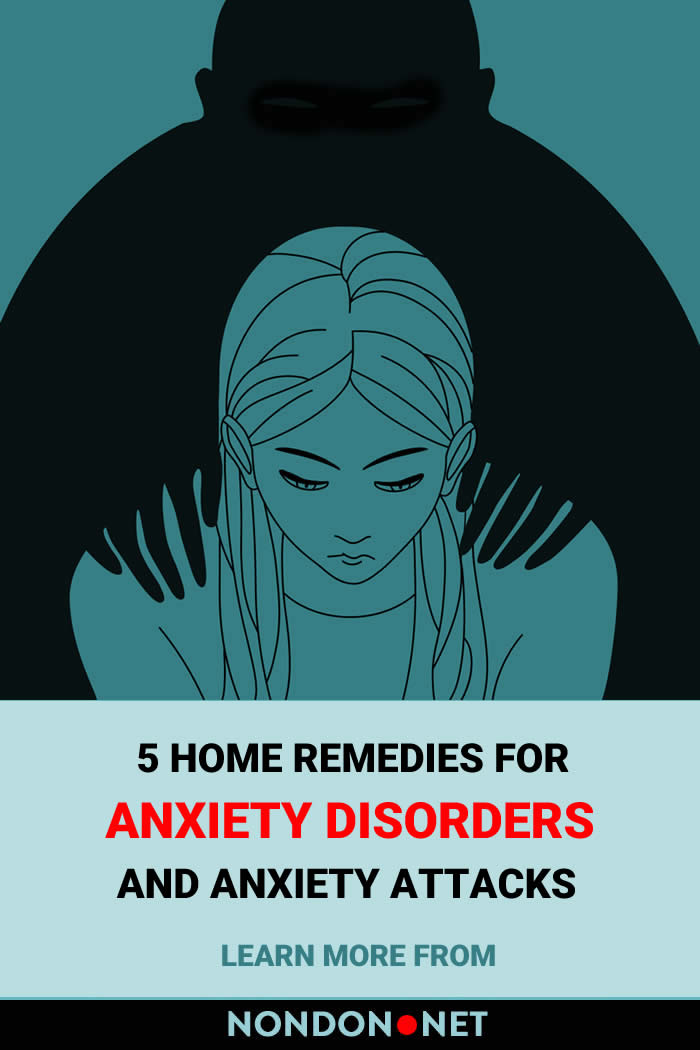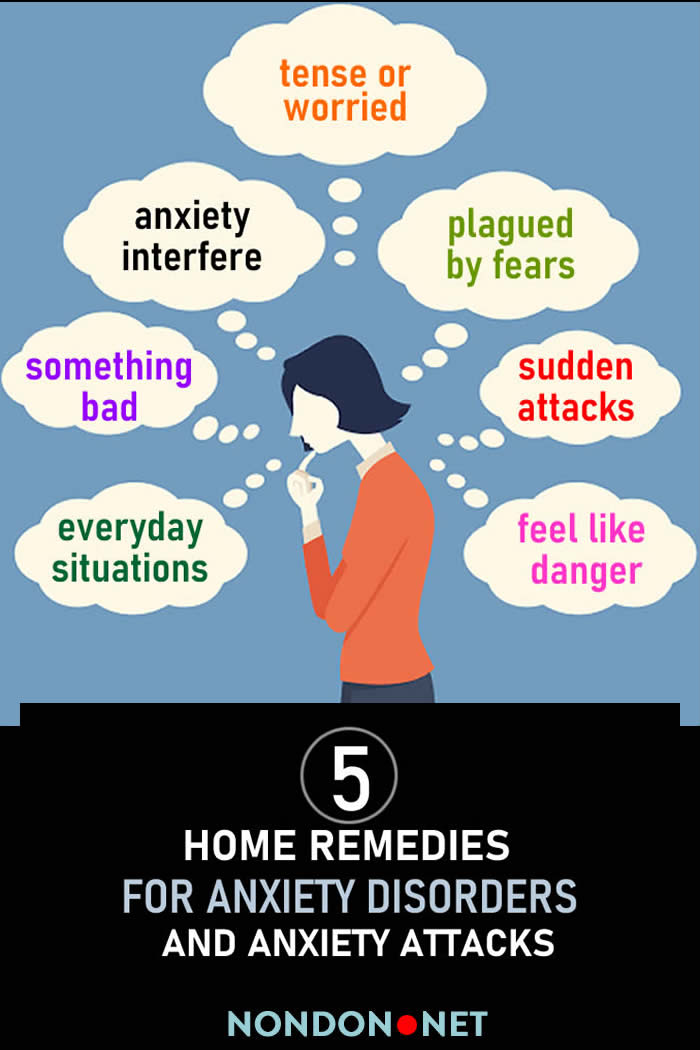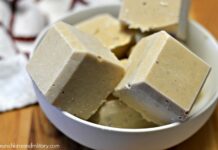Do you have Anxiety Disorders and Anxiety Attacks? Well, you’re not alone. Anxiety is the body’s natural response to danger, an automatic alarm that goes off when you feel threatened, under pressure, or is facing a stressful situation.
If you identify with any of the following 7 signs and symptoms, and they just won’t go away, you may be suffering from an anxiety disorder:
- Are you constantly tense, worried, or on edge?
- Does your anxiety interfere with your work, school, or family responsibilities?
- Are you plagued by fears that you know are irrational, but can’t shake?
- Do you believe that something bad will happen if certain things aren’t done a certain way?
- Do you avoid everyday situations or activities because they cause you anxiety?
- Do you experience sudden, unexpected attacks of heart-pounding panic?
- Do you feel like danger and catastrophe are around every corner?
The First Advice
If you have these signs and symptoms, just go to your doctor. Your doctor can help you find the best course of treatment for your anxiety disorder. Proper treatment will likely include psychotherapy and medication.
Be sure to follow their instructions when taking anxiety medications and let your them know about any side effects you have.

5 Home Remedies for Anxiety
If you have anxiety that’s severe enough to interfere with your ability to function, medication may help relieve your symptoms.
However, anxiety medications can be habit-forming and cause unwanted side effects, so be sure to research your options. It’s important to weigh the benefits and risks of anxiety medication so you can make an informed decision.
Alternatively, you can follow these home remedies for anxiety. There are a variety of at-home interventions that can help ease your anxiety symptoms. Several interventions can also be practiced in addition to taking medications.
Examples of these interventions include:
1 Exercise
Exercise can help to reduce stress and enhance your overall sense of well-being, according to the Anxiety and Depression Association of America (ADAA).
It helps produce neurotransmitters known as endorphins. These neurotransmitters are your body’s natural painkillers and can also improve your sleep quality.
The ADAA reports that even short exercise sessions (about 10 minutes at a time) are effective in helping lift your mood.
2 Meditate
Taking 15 minutes of quiet time and meditation to focus on deep breathing and relaxation can help calm your anxiety. You can listen to music or repeat a motivational mantra on a regular basis. Yoga can also help relieve stress.

3 Try chamomile
Sipping chamomile tea or taking a chamomile supplement might help to ease anxiety symptoms.
A 2016 double-blind study published in the Phytomedicine journal focused on individuals with a generalized anxiety disorder.
The study found that study participants who took 500-milligram chamomile supplements three times per day on a daily basis reported a reduction in moderate to severe generalized anxiety.
Drinking chamomile tea has also been shown to help in reducing anxiety.
4 Aromatherapy oils
Smelling diluted aromatherapy oils can help to reduce anxiety, according to an article published in the Evidence-Based Complementary and Alternative Medicine journal.
Examples of essential oils used to provide anxiety relief include:
1. Lavender Essential Oil
2. Neroli Oil
3. Chamomile
5 Avoid caffeine
Sometimes caffeine can make a person feel jittery and more anxious. Avoiding it can help some people reduce their anxiety.
RECOMMENDED PRODUCTS









































